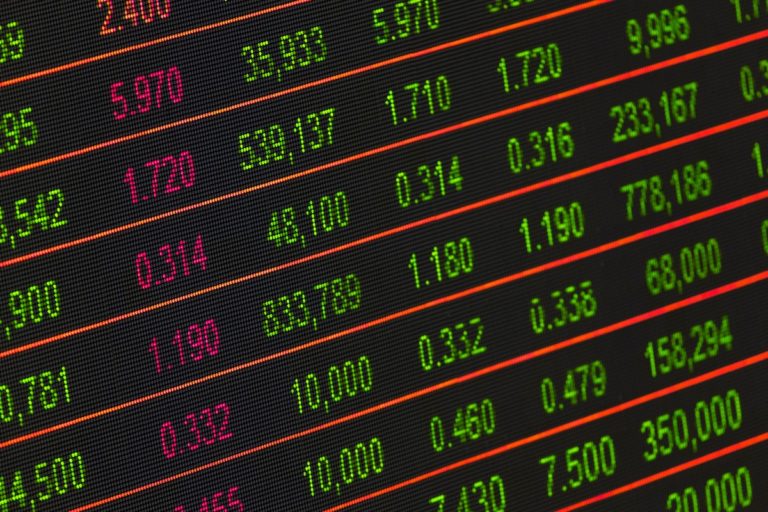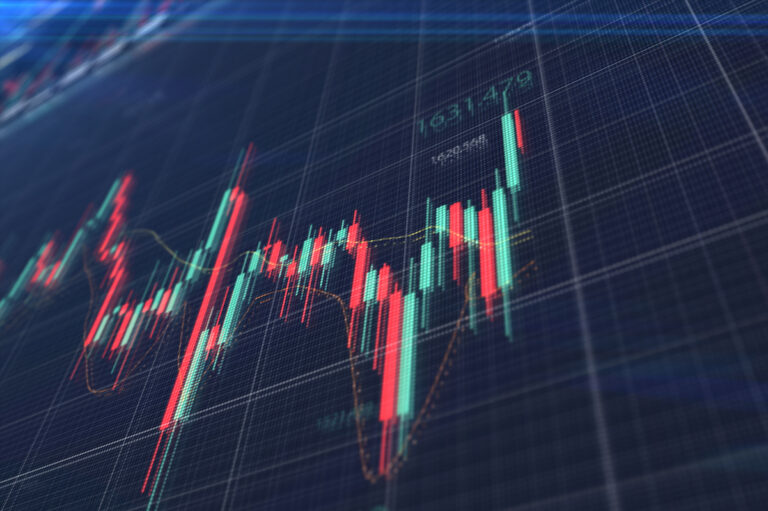I’m asked several times a week “are the markets are going to crash” or “are the markets rigged?”
To go farther it should be asked, why do people feel the markets are rigged? What has happened to cause investors and non-investors to lose faith in the markets over the last decade? Before we follow Alice down the rabbit hole because that is where the markets now live, it is important to properly contextualize and define “markets” and “rigged.”
“Markets” for the point of this article refer to the US stock, options, futures and bond markets and the various exchanges, both light and dark, that execute trades.
“Rigged” (or “rig”) has several definitions. Usually the first definition in dictionaries are nautical in nature, but then the definitions begin to slip.
rig – To construct in haste or in a makeshift manner.
That is certainly not the one we are looking for. Nothing about the markets these days feels hasty or makeshift. It is the worst definition of the word that concerns us here.
rig – To manipulate dishonestly for personal gain.
So the question becomes, are people dishonestly manipulating the markets for personal (or corporate or political) gain? And if so, at who’s expense?
For sure, people trying to get a leg up is nothing new. It is tried in the casino, sometimes with dire consequences. Throughout the history of the stock market, people have tried to game the system or gain an easily-monetized unfair advantage. All the while, regulators and ethical participants have tried to stop them. On Tuesday April 21, 2015, Navinder Singh Sarao was arrested for his alleged involvement with the “flash crash” that occurred in the US Stock markets May 2010. Mr. Sarao is accused of spoofing and spamming, that is placing mass quantities of orders with no intention to have them executed, so he can profit from the movement. But was he the sole reason for the flash crash?
Or course not. Is Mr. Sarao the only one spoofing? Absolutely not. Let’s hope his is the first indictment of many to come.
In the book Flash Boys, Michael Lewis tells the story of modern professional traders who sensed something was different in how stock trades were being executed. As a response, they set out to understand what had changed. It is a fascinating story which concludes with them creating a new exchange for trading in the US stock markets. In the process of telling their story, Mr. Lewis begins to expose the strategy of some high frequency traders.
A decent response was quickly penned by Peter Kovac titled Flash Boys: Not So Fast. The back and forth of the two books provide good insight into the markets today and how trades are executed. Why talk about this? Because as money managers that work trades on behalf of our clients, we need to have a complete understanding of what is going on when we hit buy or call a trading desk. If we back up the scope of the discussion and look at trading cost trends over the last 20 years, they have fallen dramatically for everyone involved, and this is a good.
Bottom Line
While we should be paying attention to HFT traders, it is just a normal part of the vigilance and risk monitoring that goes on within our firm.












